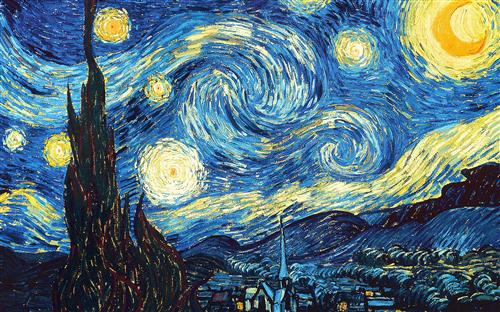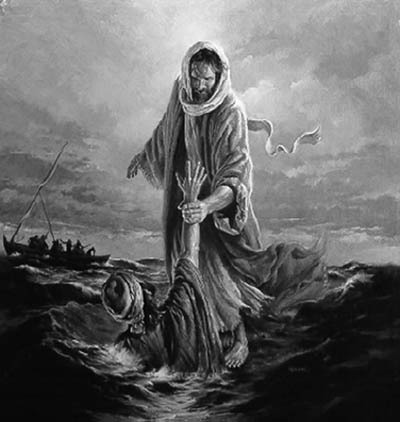
A neglected corner of my garden
I have loved the Bible for most of my life. When I skip time at play in the fields of the Lord, skip time with the Bible—that fresh, startling way of viewing reality—for even a week, I miss it. My life feels a bit flat and wearisome.
I knew the Bible well even as a child in a Catholic boarding school in the Himalayas run by German nuns, and I have learned it better since. Learned it in the way of a scholar—concordances, word studies, study Bibles, commentaries… I have led many Bible studies and been in many more.
However, most people, most women, through the four millennia that we’ve had books of the Bible, have been illiterate, and yet the Word has survived and borne fruit. It’s the WORD, as powerful when spoken and heard as when written.
Over the last few months, since Easter, I have been primarily engaging with the Bible as if I were illiterate, engaging with my ears rather than with my eyes.

The fields just outside our house
This is my new spiritual discipline: prayer walking, or Bible-walking. Four chapters a day (which means I’ll listen to the whole Bible in a year), listened to on my phone (without headphones, for I walk in lonely places), listened to slowly, with a pause to meditate on anything that speaks to me, and to pray it into my life. To repent, to revise my life, to praise, to thank, to expand my mind, to be happy. To learn wisdom from Jesus.
I love this new spiritual practice of prayer-and-Bible-walking. It is a new way of engaging with the Gospels, through the ears and muscles rather than through the eyes. I am constantly finding new depths and wisdom in a text I have known all my life, and it’s changing the way I think… and even, slowly, the way I live.
Will I do it forever? No, because we are commanded to love God with our minds. The bookish and scholarly are to love God in their bookish, scholarly and boffinly way for that’s how we are made.
But we are quadripartite beings; our emotions, minds, spirits and bodies are all important. And my body is the weakest part of me. And so I need to pray and walk, listen to Scripture and walk, until the Word becomes flesh and muscle and sinew in my body and life as it did in Israel all those centuries ago.
I am building the physical strength I need, even as I build spiritual strength, and the mental and emotional strength that comes from contact with Jesus’s startling mind and with the vast, astonishing love of God.
Links (Affiliate)
People have asked in comments and on FB which apps etc. I use.
Well, I use Audible https://www.audible.co.uk/ or https://www.audible.com/
And I love David Suchet’s narration of the NIV (Amazon.co.uk) or on Amazon.com. He’s an English actor with the most gorgeous voice.
And, of course, I love Eugene Peterson’s Message. On Amazon.com and on Amazon.co.uk.




.jpg!Blog.jpg)





